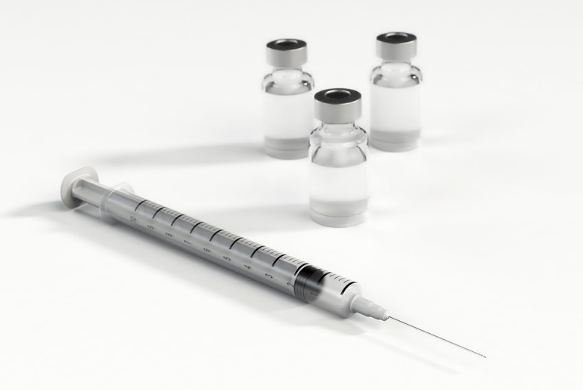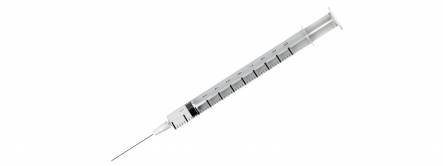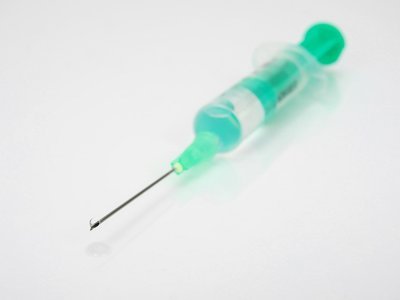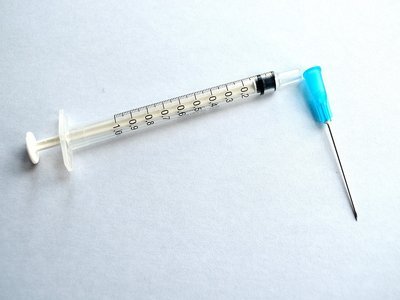As flu season approaches, you may be wondering if getting the H1N1 flu shot is necessary. With all the information out there, it can be overwhelming to understand what the H1N1 flu is and whether or not the vaccine is right for you.
We will explore what the H1N1 flu is, who should consider getting the vaccine, and what you can expect from the shot itself. Stay informed and protect yourself and your loved ones from the H1N1 flu by reading on.
Introduction to H1N1 Influenza
H1N1 Influenza, also known as swine flu, is a contagious respiratory illness caused by the H1N1 virus. It spread rapidly in 2009 and was declared a pandemic by the World Health Organization. The symptoms of H1N1 are similar to those of seasonal flu, including fever, cough, sore throat, body aches, and fatigue. Transmission occurs through respiratory droplets from an infected person, or by touching contaminated surfaces and then touching the nose or mouth.
Vaccination is the best way to prevent H1N1, and various types of vaccines are available. The vaccine is recommended for high-risk groups, like pregnant women, children, and healthcare workers. H1N1 can be severe, but with proper prevention and treatment, it can be managed effectively. [1][2]
Transmission and Symptoms of H1N1 Flu
The transmission of H1N1 flu occurs through coughing, sneezing, or talking by individuals who carry the virus. The virus can also spread through contact with contaminated surfaces and objects. The symptoms of H1N1 flu are similar to those of regular flu and include fever, cough, sore throat, body or muscle aches, headache, chills, and fatigue.
Symptoms may appear three to five days after exposure to the virus. Babies and children may experience different symptoms, including difficulty breathing, trouble waking up, not drinking enough fluids, fever with a rash, and confusion. Healthcare providers can diagnose H1N1 flu and may perform a rapid flu test to check for different flu viruses. [3][4]
Benefits of H1N1 Influenza Vaccine
The H1N1 influenza vaccine provides numerous benefits to those who receive it. It reduces the chances of severe illness, hospitalization, and death from the virus. Additionally, it can also reduce the likelihood of getting sick at all. Even if someone still contracts the flu after receiving the vaccine, it reduces the severity of the illness and the chance of ending up very ill.
Studies have shown that the vaccine is particularly effective in reducing severe life-threatening influenza in children and flu-related emergency department visits. It is also recommended for pregnant people as it protects both them and their baby from the flu for the first few months of the baby’s life. Overall, the benefits of the H1N1 influenza vaccine have been well-established through numerous studies. [5][6]
Availability and Types of H1N1 Vaccines
As of 2010, the H1N1 virus became a regular human flu virus that circulates seasonally worldwide. Therefore, the H1N1 vaccine is no longer in production, but the information is still relevant for historical reference. During the 2009-2010 pandemic, the vaccine to protect against the virus was a monovalent vaccine, which means it only had one strain of the virus.
The U.S. Food and Drug Administration approved one dose of the vaccine for individuals above 10 years of age. For children aged between 6 months to 9 years, two doses of the vaccine were recommended, separated by four weeks. Infants below six months of age could not receive any influenza vaccine. [7][8]
Who Should Get the H1N1 Influenza Vaccine?
The H1N1 influenza vaccine is recommended for a wide range of people, including pregnant women, children and young adults aged 6 months to 24 years, healthcare workers, and those who live with or care for infants younger than 6 months of age. People aged 25 to 64 years with chronic medical conditions or compromised immune systems are also encouraged to get the vaccine.
While people 65 and older are less likely to get sick with H1N1, severe infections and deaths have occurred in this age group. Therefore, CDC encourages those who have been patiently waiting to receive the vaccine, including people 65 and older, to get vaccinated depending on local supply. Infants younger than 6 months of age are too young to get any influenza vaccine. [9][10]
Effectiveness of H1N1 Vaccine in Children
Research has shown that the effectiveness of the H1N1 vaccine in children varies depending on age. Children between the ages of six months to nine years require two doses of the vaccine to achieve protection, while those over 10 years old only need one. A study conducted during the 2009 pandemic found that the vaccine was 69% effective in children between six months to nine years old, and 76% effective in children over 10 years old.
Another study showed that the vaccine was especially effective in preventing severe infections and hospitalizations in children with chronic health conditions.
However, like all vaccines, effectiveness can vary depending on various factors, including the prevalence of the virus strain and how well the vaccine matches it. [11][12]







